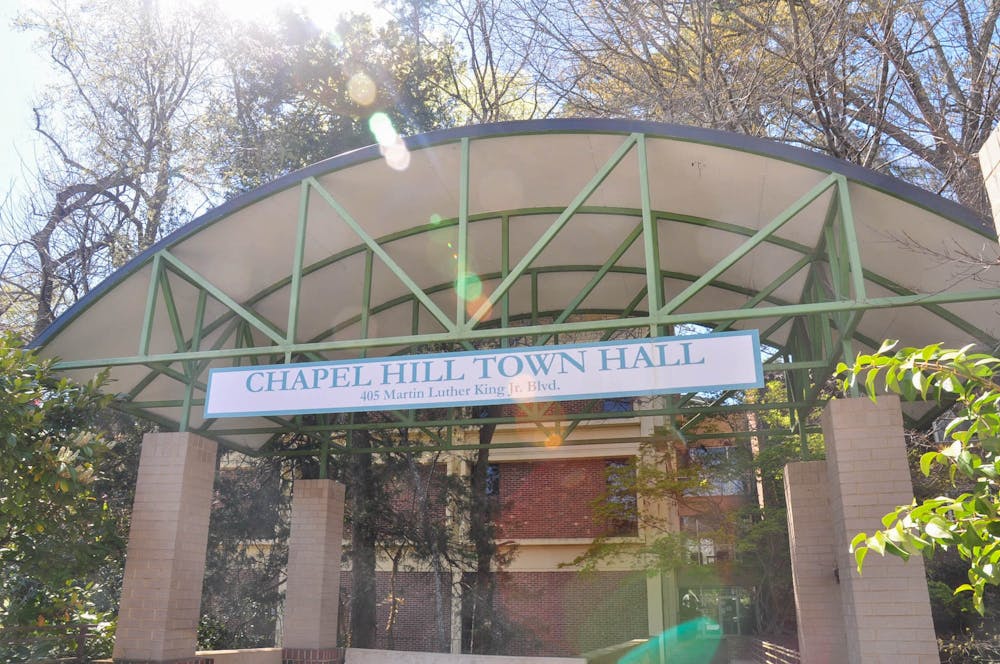The Friends of Bolin Creek "meet and greet" at Umstead Park on Sept. 24 and comments from mayoral candidate Adam Searing on "dark money" have raised questions about the types of nonprofit organizations and what roles they can play in municipal elections.
The two main types of nonprofit organizations under federal law are 501(c)(3)s and 501(c)(4)s.
501(c)(3)s are often referred to as public charities, while 501(c)(4)s are referred to as social welfare organizations.
One of the main differences between the two types is that 501(c)(3)s are prohibited from endorsing political candidates or participating in partisan political advocacy.
They are also tax deductible, meaning donors can deduct their donations to these organizations on their tax returns. Some well-known examples of these organizations are the Habitat for Humanity, the American Red Cross and the Chapel Hill Public Library Foundation.
Meanwhile, 501(c)(4)s do not have to disclose their donors and can participate in political activity, as long as it is not their primary activity. Two local examples of 501(c)(4) corporations are Shameful Nuisance — which runs Triangle Blog Blog — and NC Blue Cross Blue Shield.
Donors do not receive tax breaks from donating to 501(c)(4) corporations like they do with 501(c)(3)s.
David Heinen, the vice president for public policy and advocacy at the North Carolina Center for Nonprofits, said there are further important differences between the two types of organizations. He said 501(c)(3)s have limited lobbying capabilities and cannot contribute to political action committees.
On the other hand, 501(c)(4) nonprofits can do an unlimited amount of lobbying, endorse or oppose candidates, make campaign contributions and work with PACs, Heinen said.




